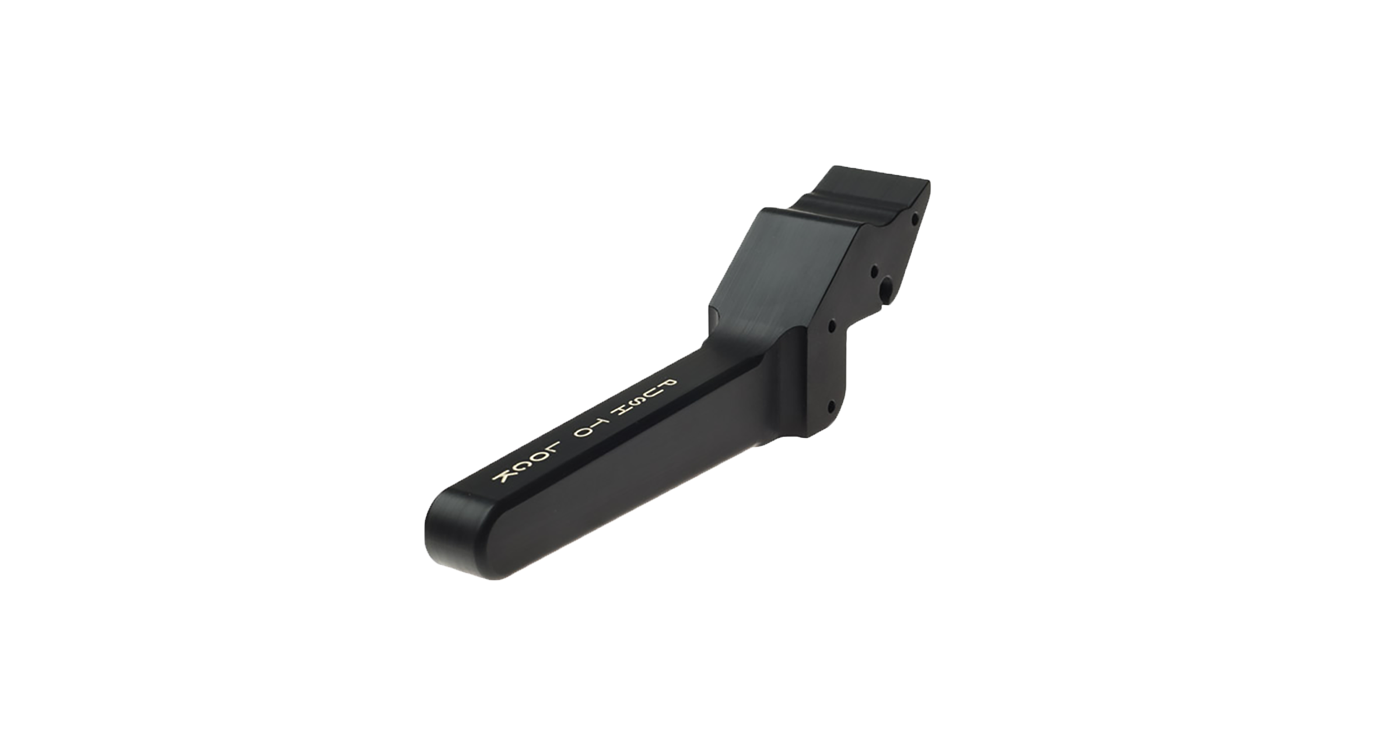Table of contents
 Get a quote
Get a quote

Sometimes, managing small assemblies of machined components is a real time drain, right when you want to be getting a product ready for sale. Maybe there's a better way?

Learn about polyethylene LDPE plastic from the British Plastics Federation.

Penta's aluminium and plastic machining capabilities helped relieve the project strains of a fast moving motorsports manufacturer in the UK by providing parts at short notice and exact to specification.